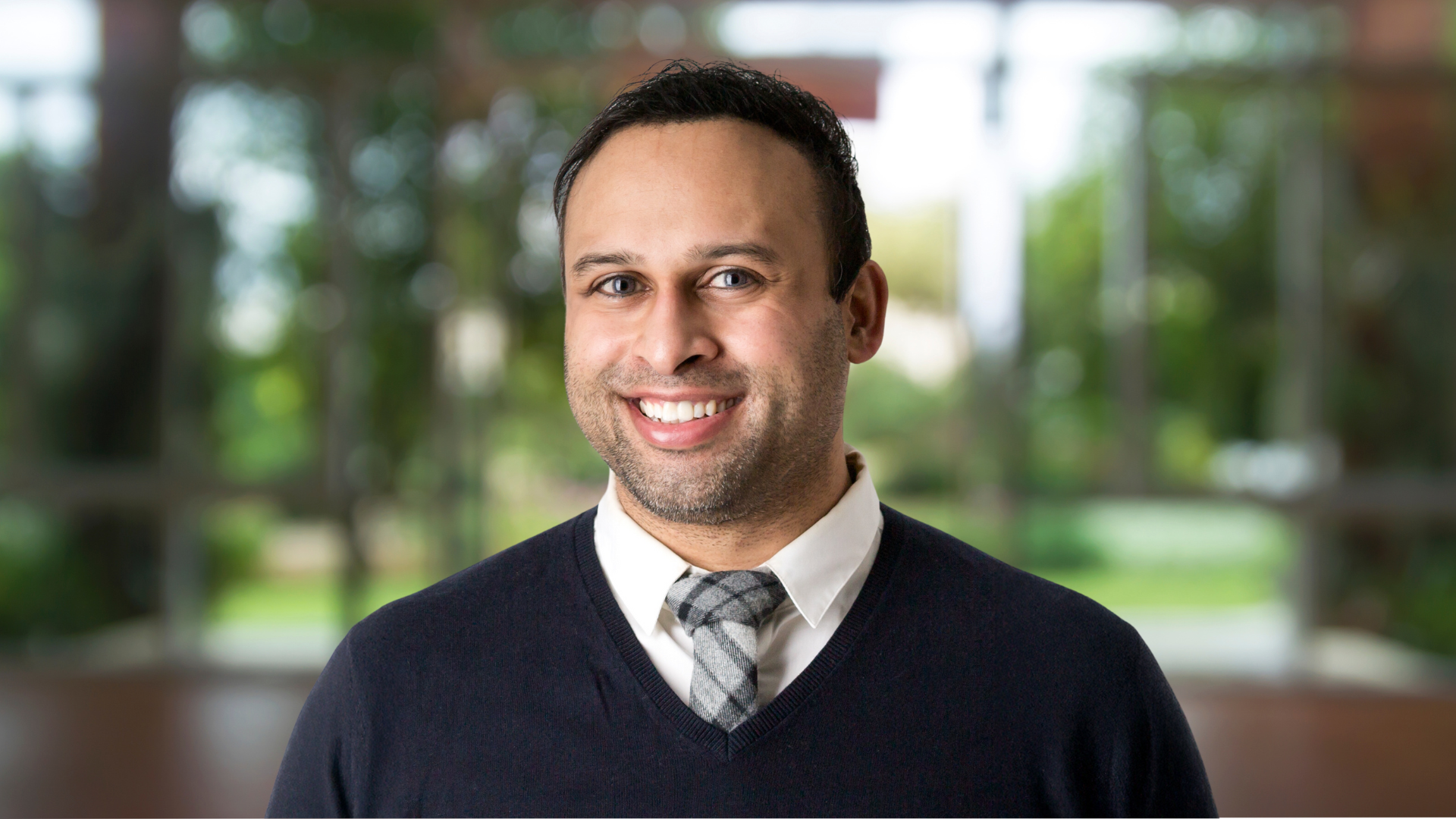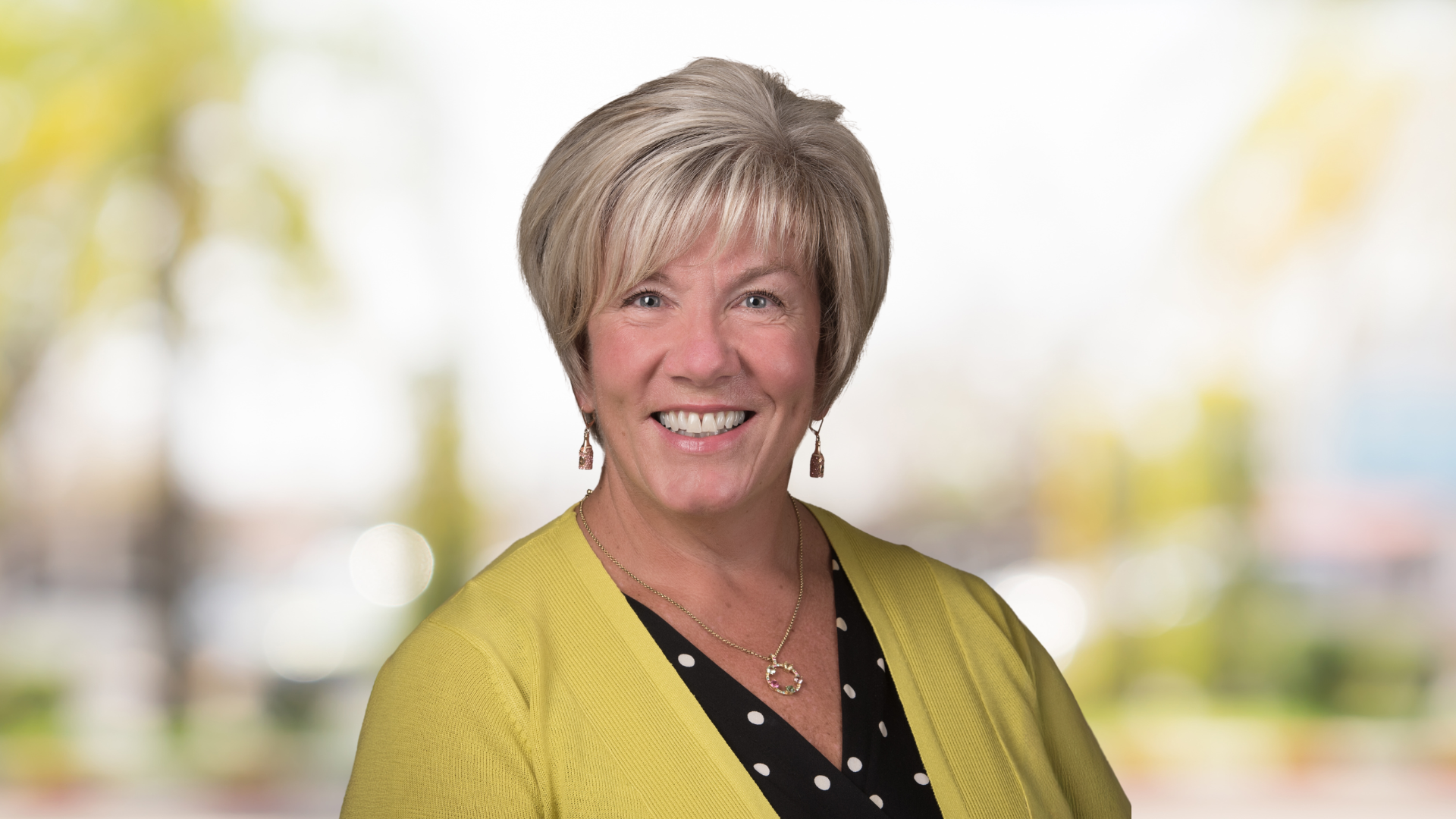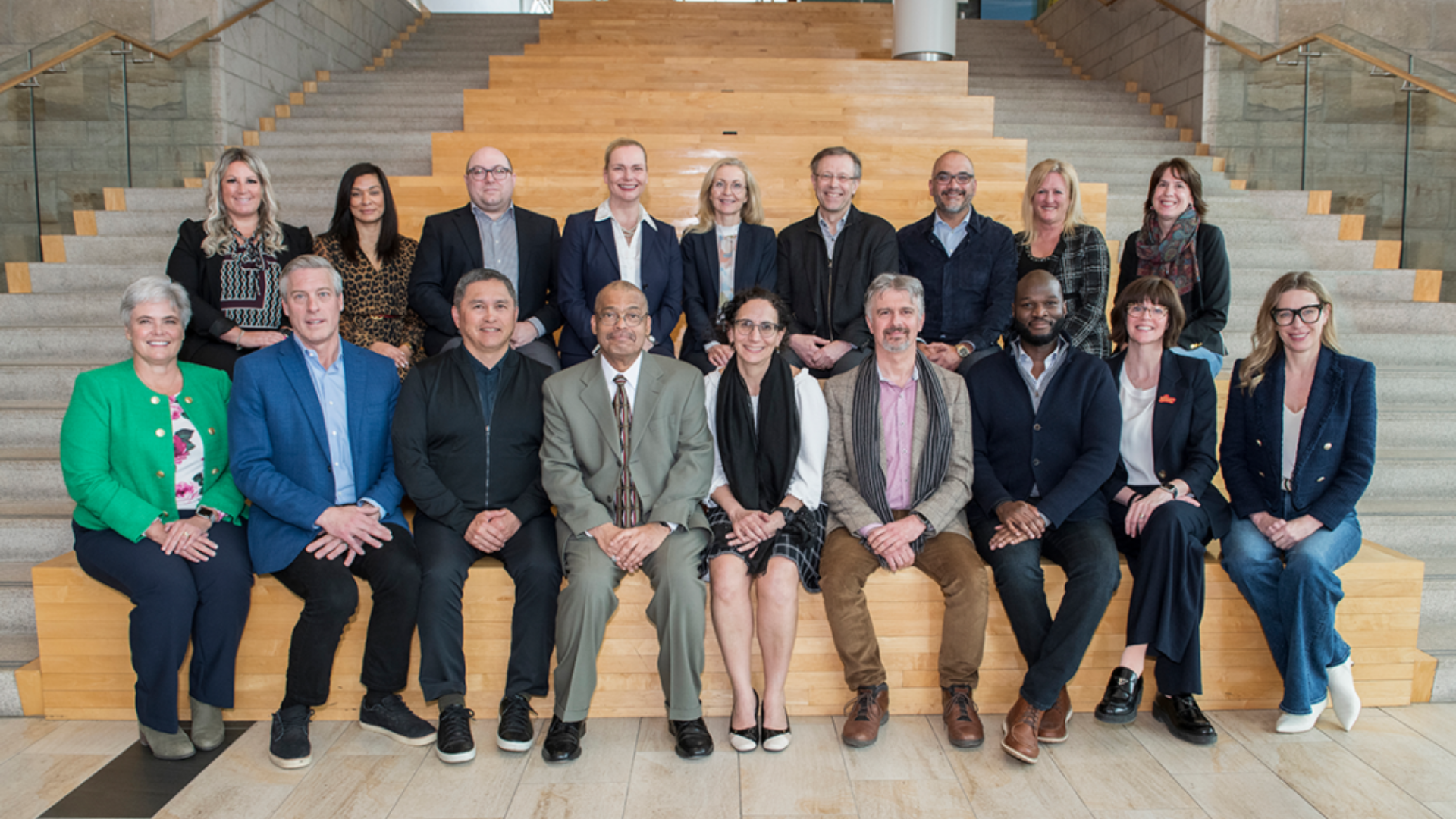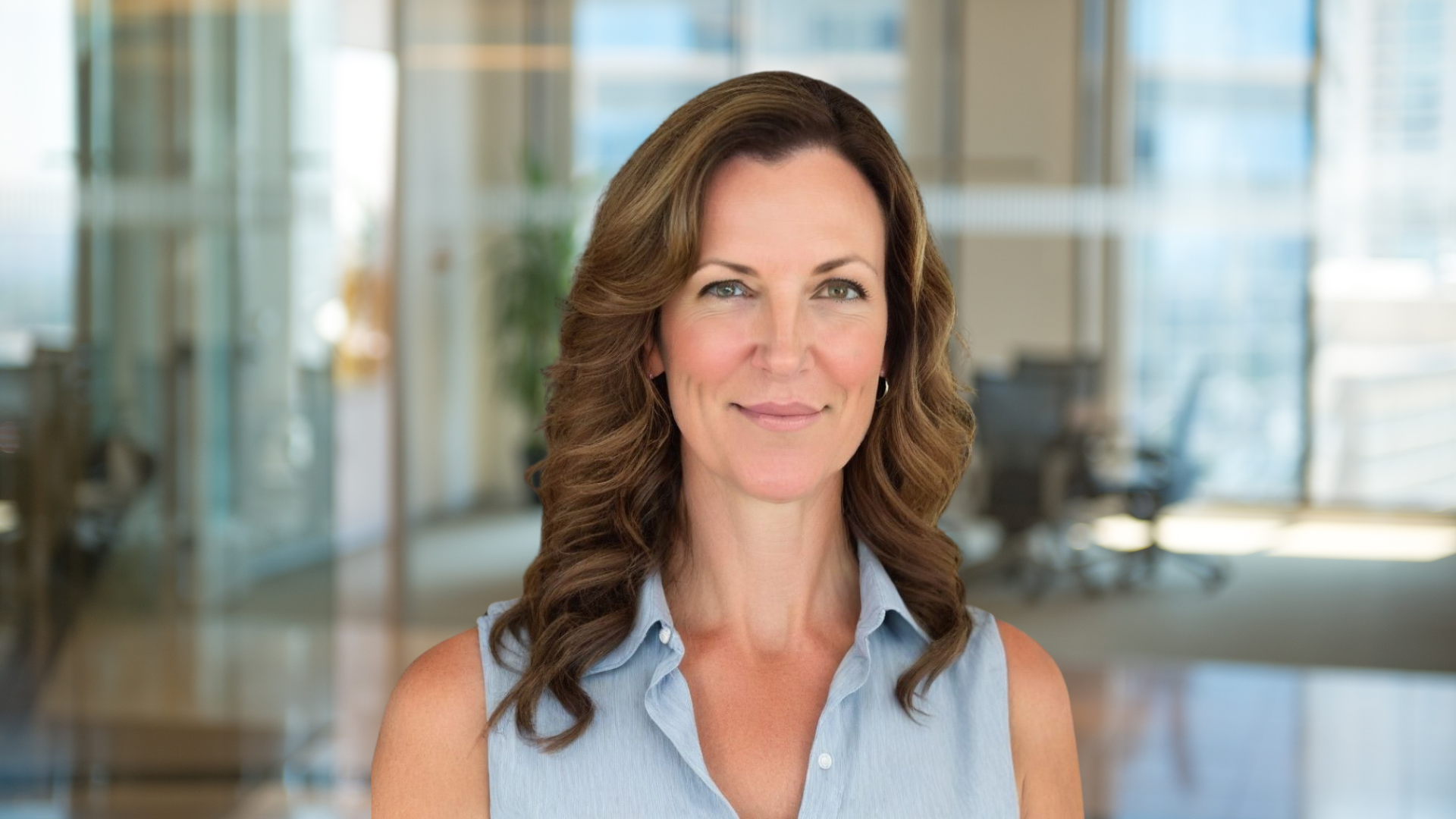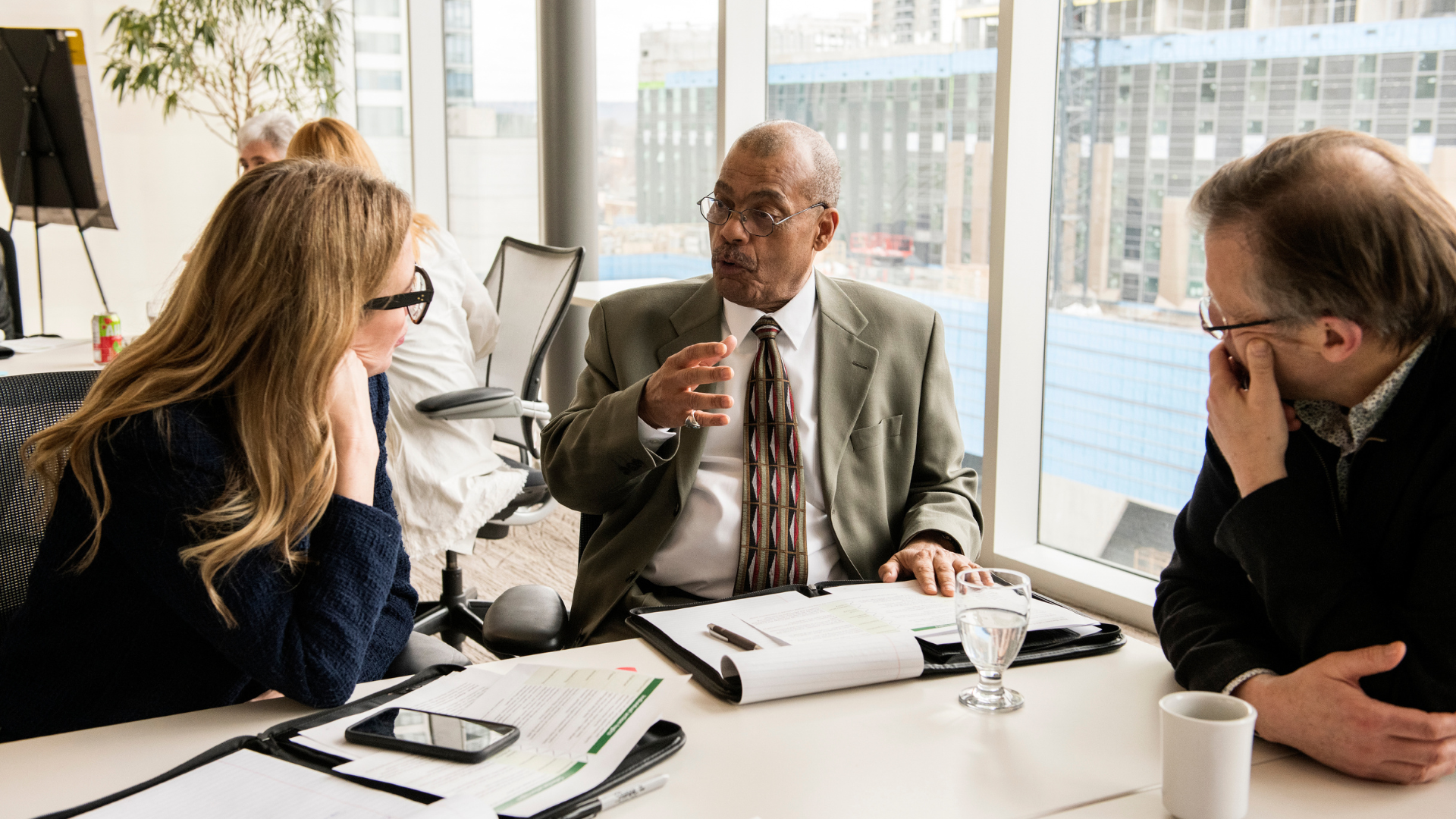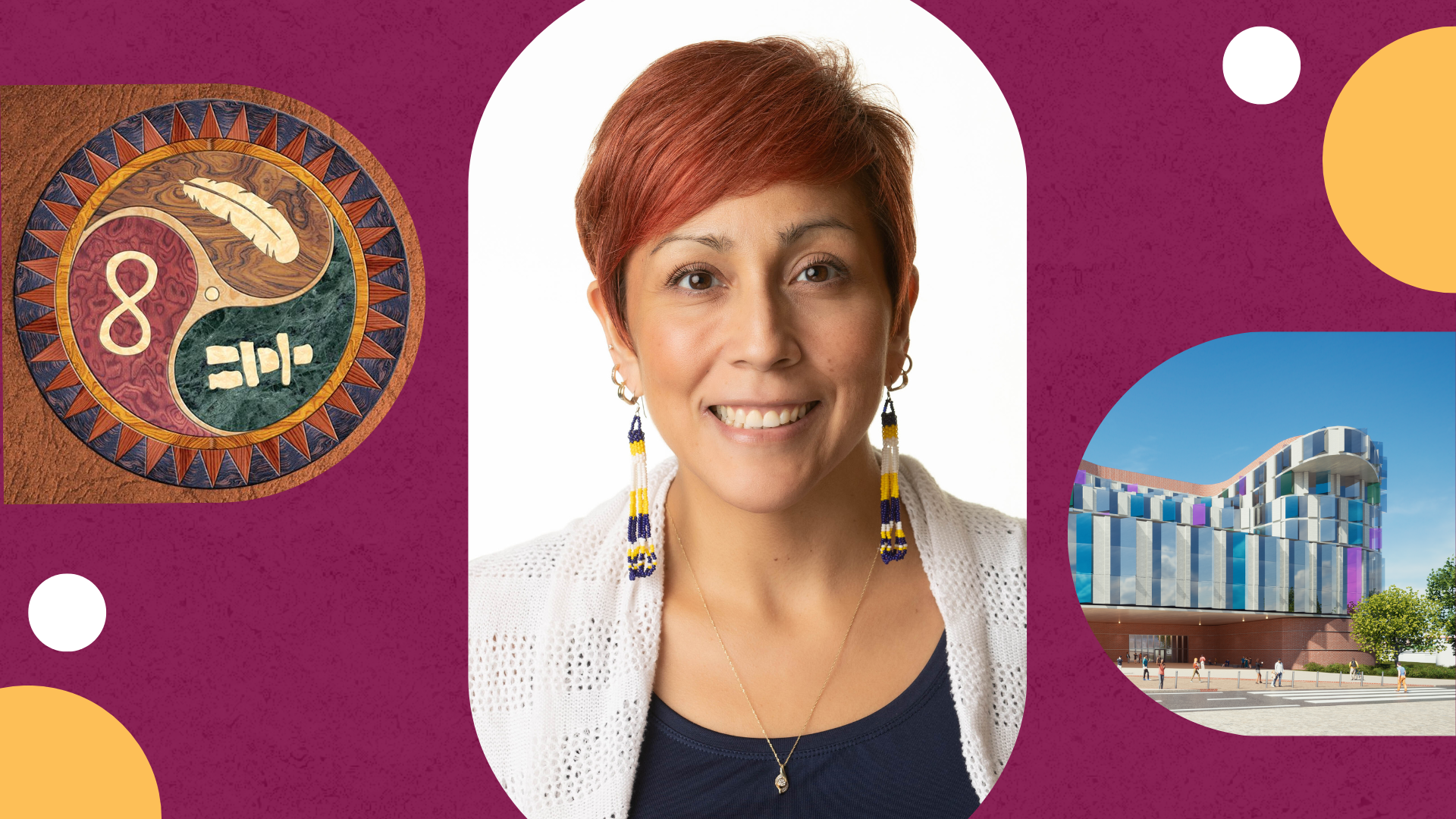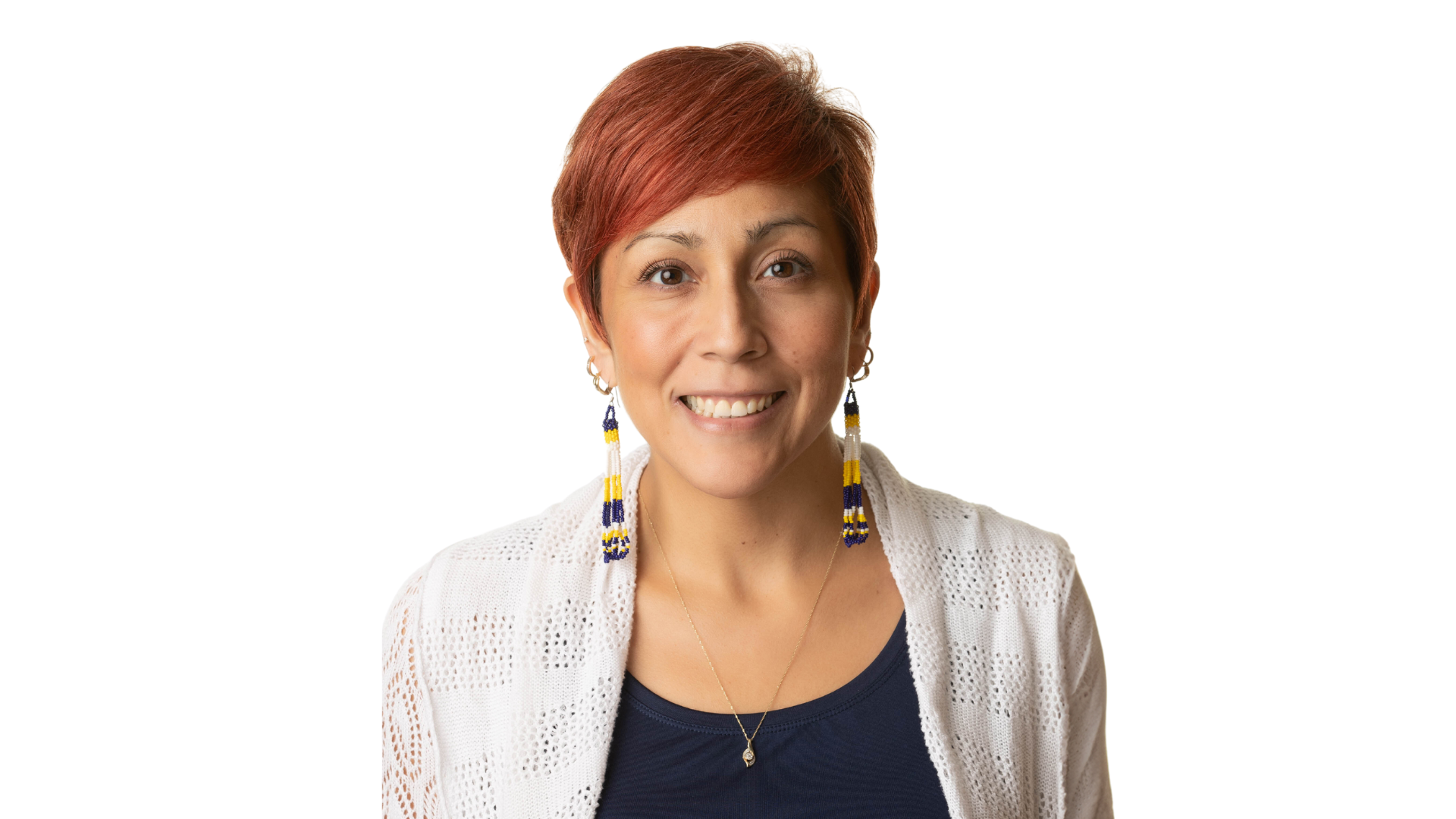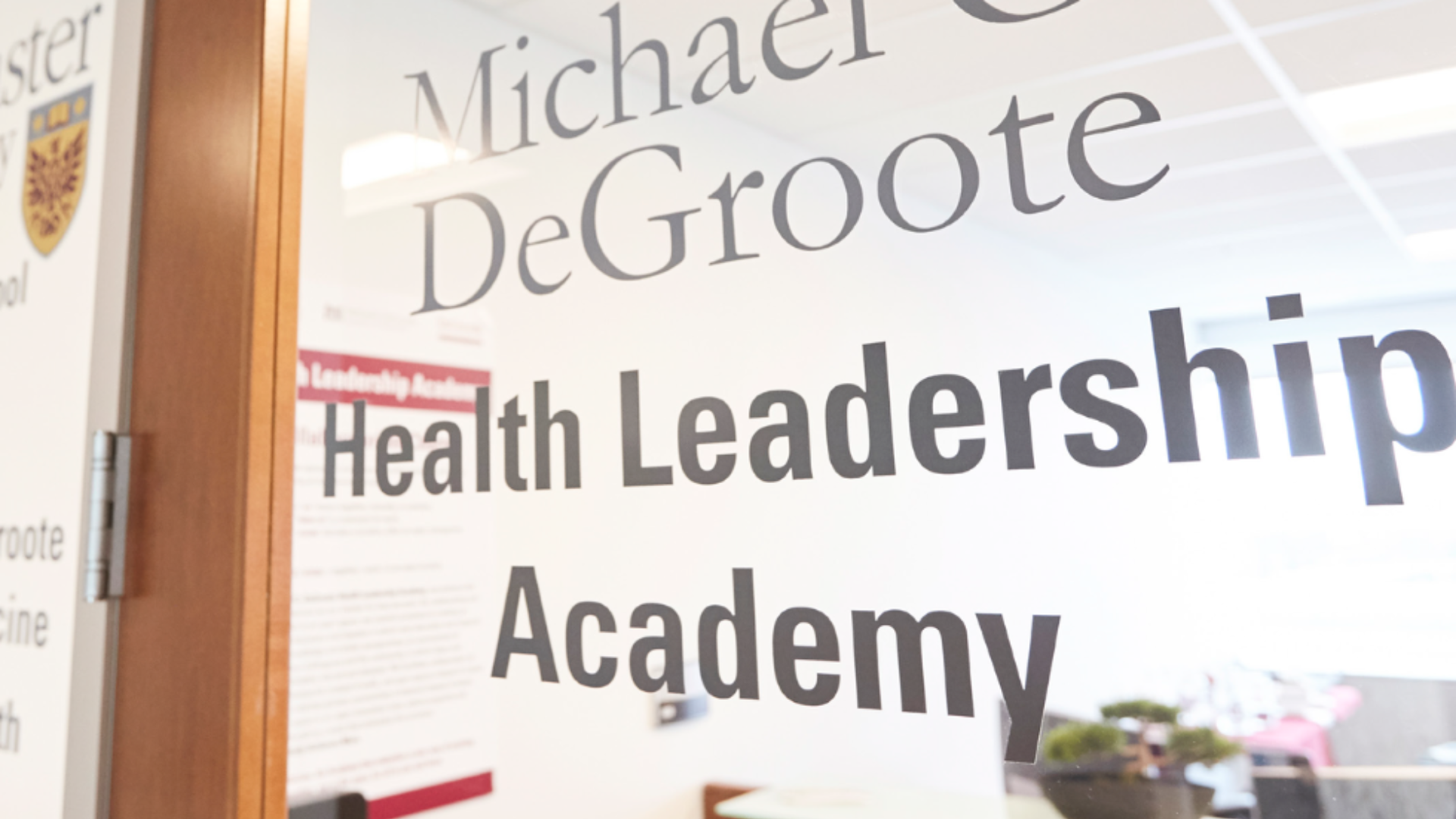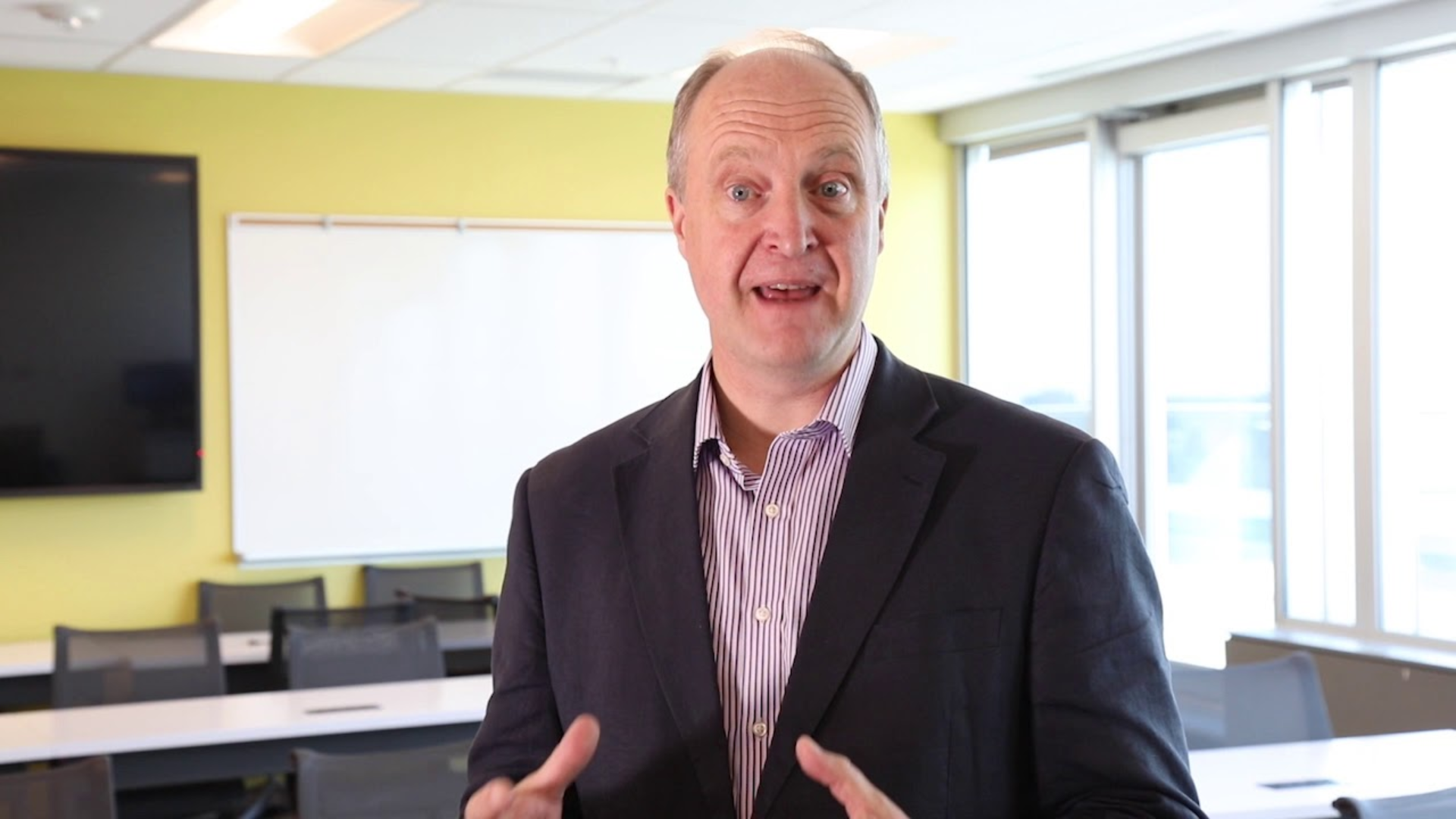ALUMNI STRATEGIC PLAN | ENGAGING COMMUNITIES
Navigating the future of healthcare: Insights from Dr. Alika Lafontaine
September 5, 2024 ·
Contributed by: Meagan Keane
Share
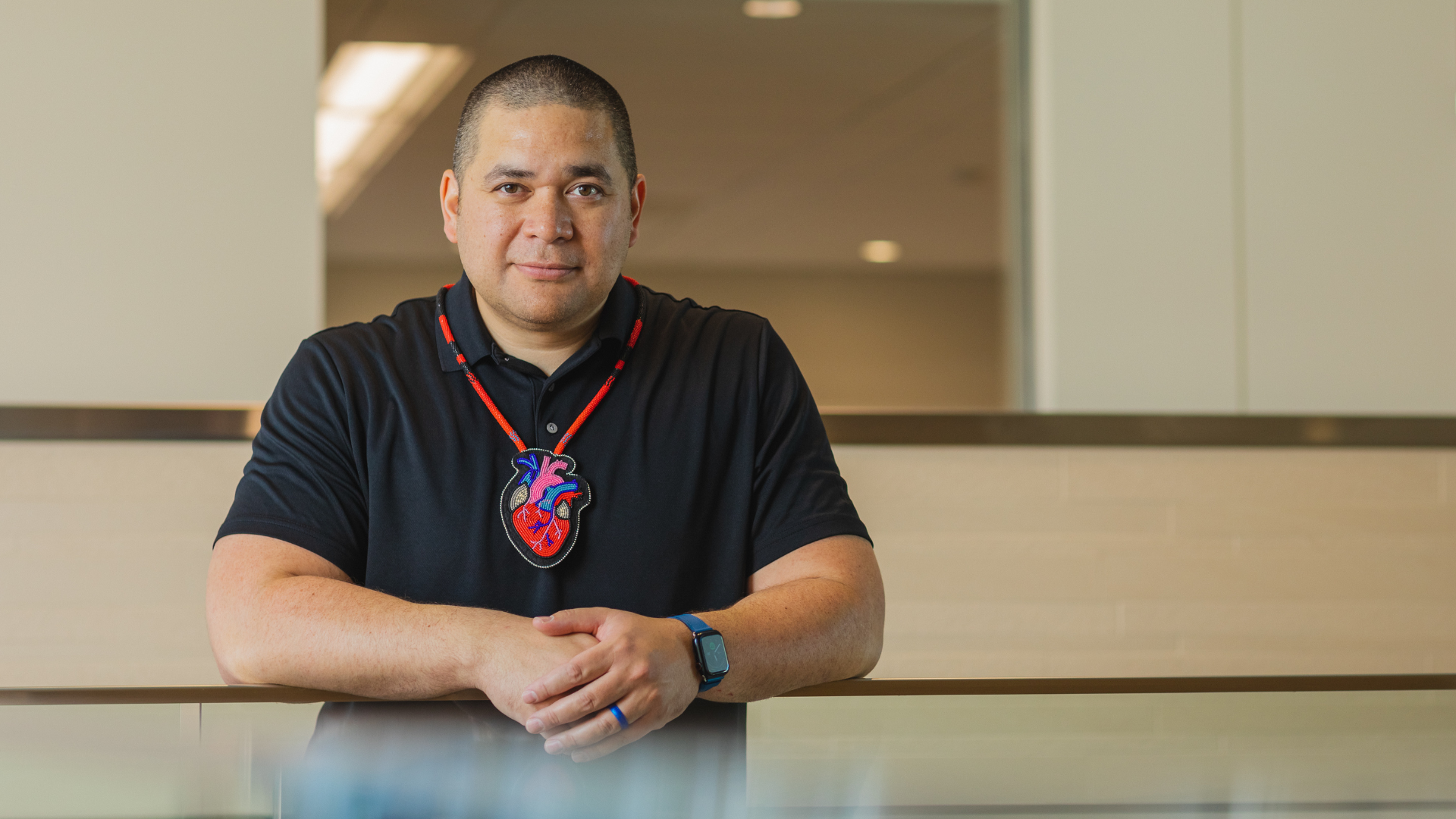
As the past-president of the Canadian Medical Association, Dr. Alika Lafontaine brings a wealth of experience and insight into the evolving landscape of healthcare. An award-winning physician and social innovator, Alika is distinguished not only by his impressive career but also as the first Indigenous physician named among Canada’s 50 Most Powerful Doctors by the Medical Post. Grounded in a rich heritage of Métis, Oji-Cree and Pacific Islander ancestry, his career spans nearly two decades of provincial and national medical leadership.
Reflecting on the National Health Fellows program, Alika highlights how it has facilitated meaningful conversations with fellow leaders. He emphasizes that, while technology offers numerous benefits, it should never replace the essential human connections that are crucial for compassionate care.
What are some of the disruptive forces in healthcare that you think we should prepare for?
Healthcare is increasingly being shaped by several disruptive forces. There are the usual aspects, things like artificial intelligence, critical health, human resource shortages across the country, and a changing population where people are hypermobile. But the biggest disrupter, and the scariest one, is the erosion of social cohesion within the healthcare system. People’s expectations are shifting because of things that are happening outside of healthcare. And I think that the lack of social cohesion, and what I see as the unraveling of social cohesion, is very scary.
How can technology help healthcare providers bring better, more coordinated healthcare to all patients?
I have always seen technology as a partner. The classic copilot where you would go to work and technology would be your partner, helping to shepherd you through challenging situations. I see technology now as a shadow derivative of things we crave from others.
Healthcare has always depended on deep personal connection between providers and the people they serve to deliver the best care possible. I think technology has slowly eroded that to give us greater efficiency and faster throughput. Efficiency is important to make sure that money stretches as far as it needs to, but healthcare is more than just cost savings.
What impact has the National Health Fellows program had on you?
The National Health Fellows program has provided an opportunity to connect with leaders and have conversations that you normally cannot have at work because you are the one who is leading. That has been really helpful to me over the past couple of sessions that we have had with each other, being able to hear other folks’ opinion, and being able to delve into some of the challenges that I think are unique because of how our context in healthcare is changing. That is something I value; you do not realize how much you missed it until you are exposed to it.
What emerging developments in health tech did you notice in California during Module 2 of the National Health Fellows program?
I was surprised to see how fast things are moving in healthcare tech in California. Particularly the ability for a computer to parse out how, for example, decision making would work in the mind of the internist who has been practicing for 30 years.
I personally think that AI is going to go far beyond the augmentation of decision making and become integrated into everything that we do; from the ways that we augment our own decisions to the way that we track whether we have an impact to whether we can just be outright replaced with certain things when it comes to patient care.
There will be a lot of opportunity for adding value, but I think there will also be people coming in and extracting value from things without really giving a ton back. It will be important to be mindful in what we choose to accept and how we reset the norms of how we interact with patients and the system.
How do you think the cohort can work to ensure technological advancements in healthcare can work in favor of marginalized communities?
Despite technology advancing as fast as it is, AI without a connection to humans has no meaning. The more we remove ourselves from healthcare, the less human healthcare is going to feel. Healthcare at its heart is really about humanizing the person in front of you. Although it may sometimes feel like AI is more empathetic, it’s still a derivative of the real thing. If we don’t plan for deep connection in healthcare between people, we’ll design it out of healthcare as we embed and expand technology; we can see this happening in real time right now.
The first step in addressing health disparities for equity deserving populations comes down to acknowledging that those disparities exist. There is a huge opportunity to connect with communities through technology. We found one example where an online chat bot could connect effectively with equity deserving communities in LA County around sexually transmitted infections, nudging folks to connect with support in the real world to help them through their health challenges. These people may have never asked these questions, or their connection with a provider may have only happened after their health problems became much bigger and much more difficult to treat.
Opportunity like that exists in several places in Canada and across the world, particularly remote communities that struggle with being able to connect with folks inside the healthcare system. When it comes to autonomous AI, there may be a true use case for places that just do not receive care.
In health deserts, having access to technology as an entry point is better than having nothing. We can go so much further than that though. We can ensure everyone, no matter where they are from, can be a part of the larger health ecosystem no matter where they live in Canada.

